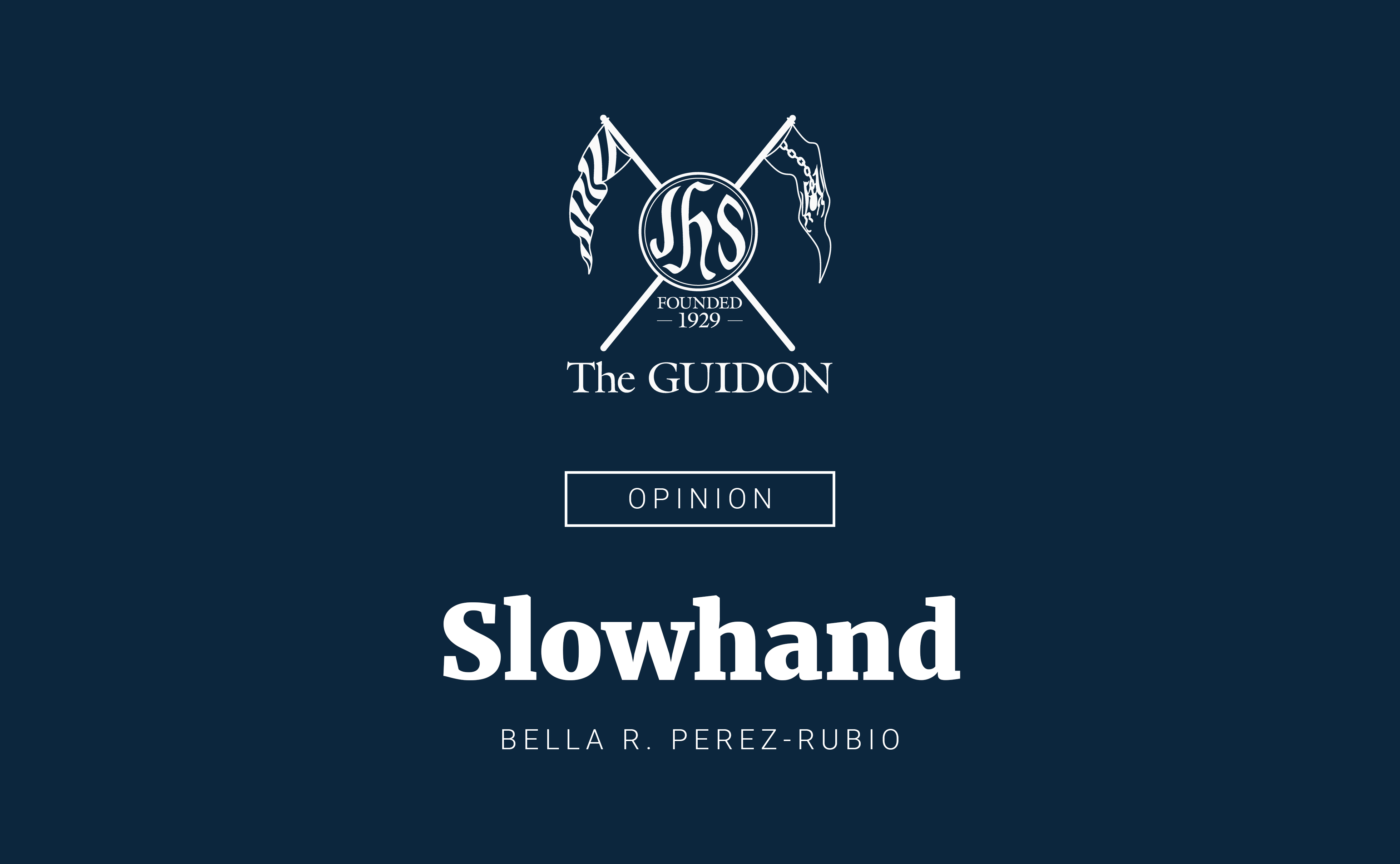CELEBRITIES WADING into politics seem to be the common denominator among headlines these days. With rapper, producer, and fashion designer Kanye West donning President Donald J. Trump’s Make America Great Again (MAGA) hats; and Taylor Swift, singer and songwriter, coming out in support of democratic candidates, there seems to be no end to the race to dissect every celebrity’s political views. After Taylor Swift endorsed Democratic Tennessee candidates Phil Norman Bredesen Jr. for Senate and James Hayes Shofner “Jim” Cooper for the House of Representatives on Instagram, over 100,000 Americans registered to vote within 24 hours of her post. Many on the left argued that by endorsing two democratic candidates, Taylor Swift finally, and belatedly, used her platform “correctly”.
But do celebrities owe it to the public to disclose their political beliefs? More importantly, should the public look to celebrities to guide their decision-making when it comes to the democratic process? I say who knows to the first question, and absolutely not to the second.
Pundits from the right argued that Taylor Swift crossed a line by endorsing candidates and that her reasoning was largely misinformed. Kanye West’s political outburst on Saturday Night Live (SNL) was reported as extremely awkward and uncomfortable, despite the fact that the show regularly satirizes politics.
Both the left and right wings of American politics are in a constant scramble to police the opinions of celebrities who are against them, but both sides are also quick to praise celebrities who act in their party’s interest. How could they act any differently, when a pop star has the power to convince an estimate of 100,000 voters to register overnight? Unsurprisingly, even the most casual of observers would find that both lawmakers and the media are inconsistent when it comes to their beliefs regarding how involved celebrities should be in politics. By ebbing and flowing on this issue, they fail to point out that the fundamental problem is the fact that people seem to care more about what celebrities think about politics than the democratic process itself.
The height of celebrity power is best exemplified by the fact that a reality star and a World Wrestling Entertainment (WWE) hall of famer, is now the leader of the free world. Having lost the popular vote, Donald J. Trump came to power on the back of his country’s electoral college. However, the role his popularity played should not be discounted.
A study published by the Media Research Center found that in 2015, Trump was receiving 77.57% of the coverage alloted to republican presidential candidates on Cable News Network’s (CNN) primetime weekday shows. The study also found that three of Trump’s campaign events were fully broadcasted by CNN while none of the press conferences for the 16 other republican candidates were aired.
Given these findings, it is unsurprising that many have chosen to blame the media for Trump’s electoral feat in 2016. While the large disparity in coverage is a fair point to raise, I would argue that the media, cable news in particular, has always been beholden to ratings. Would anyone have wanted to see 580 minutes, the total air time given to Trump, of Jeb Bush in the span of two weeks? I highly doubt it. Whatever news networks choose to broadcast is a reflection of what they believe their audience wants to see—the ethics of that norm is an argument that has been had too many a time.
Digging deep into existential questions about the media will do nothing to reverse the largely unexpected results of America’s 2016 Presidential Elections, or to ensure that media companies will change their ways in time for the forthcoming 2018 Midterm Elections, or even the 2020 Presidential Elections.
Instead, it might be time to acknowledge that politics has longstandingly been guided by undue celebrity influence and that it is up to the everyday citizen to reassess their priorities.
What do you think about this story? Send your comments and suggestions here: tgdn.co/2ZqqodZ







